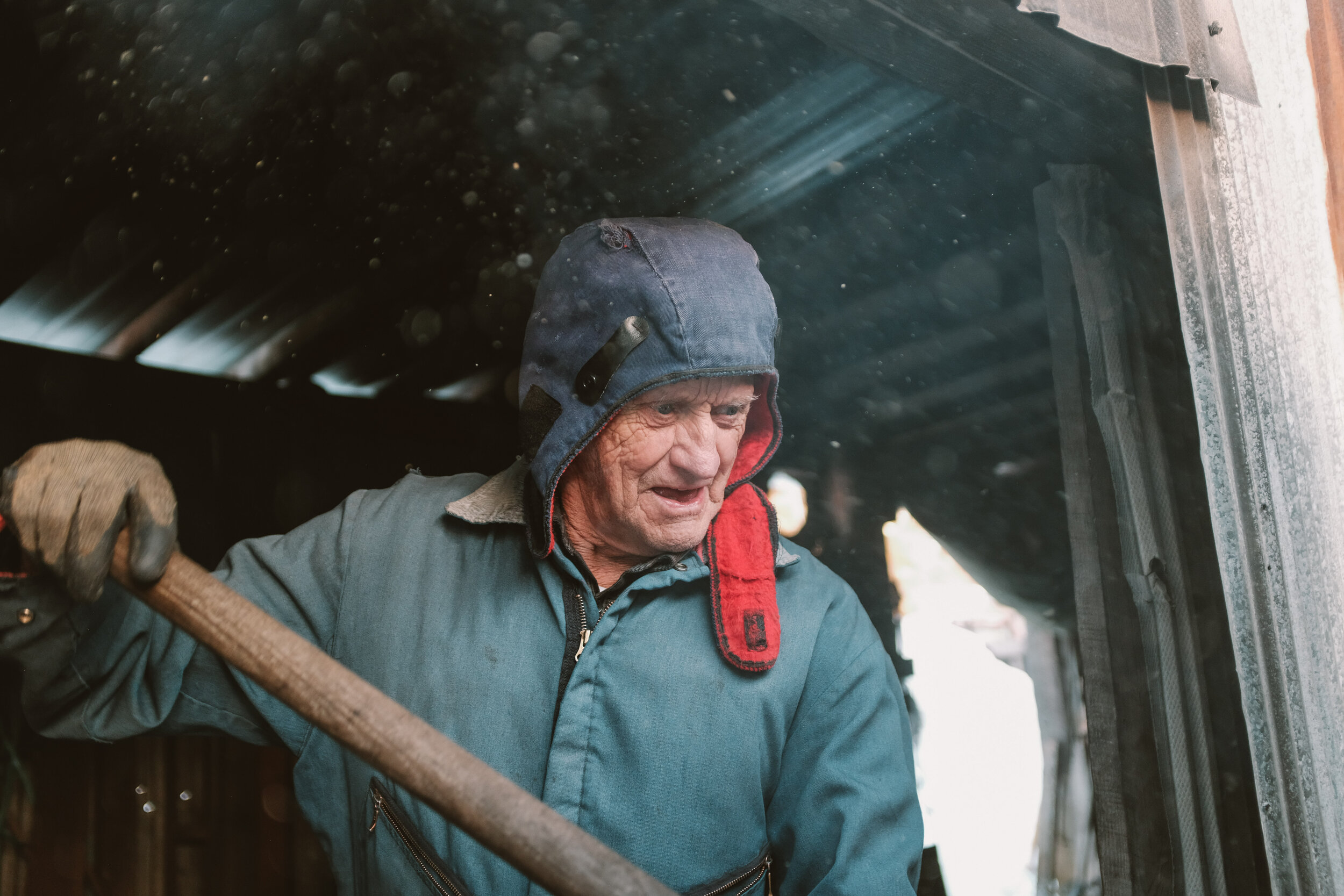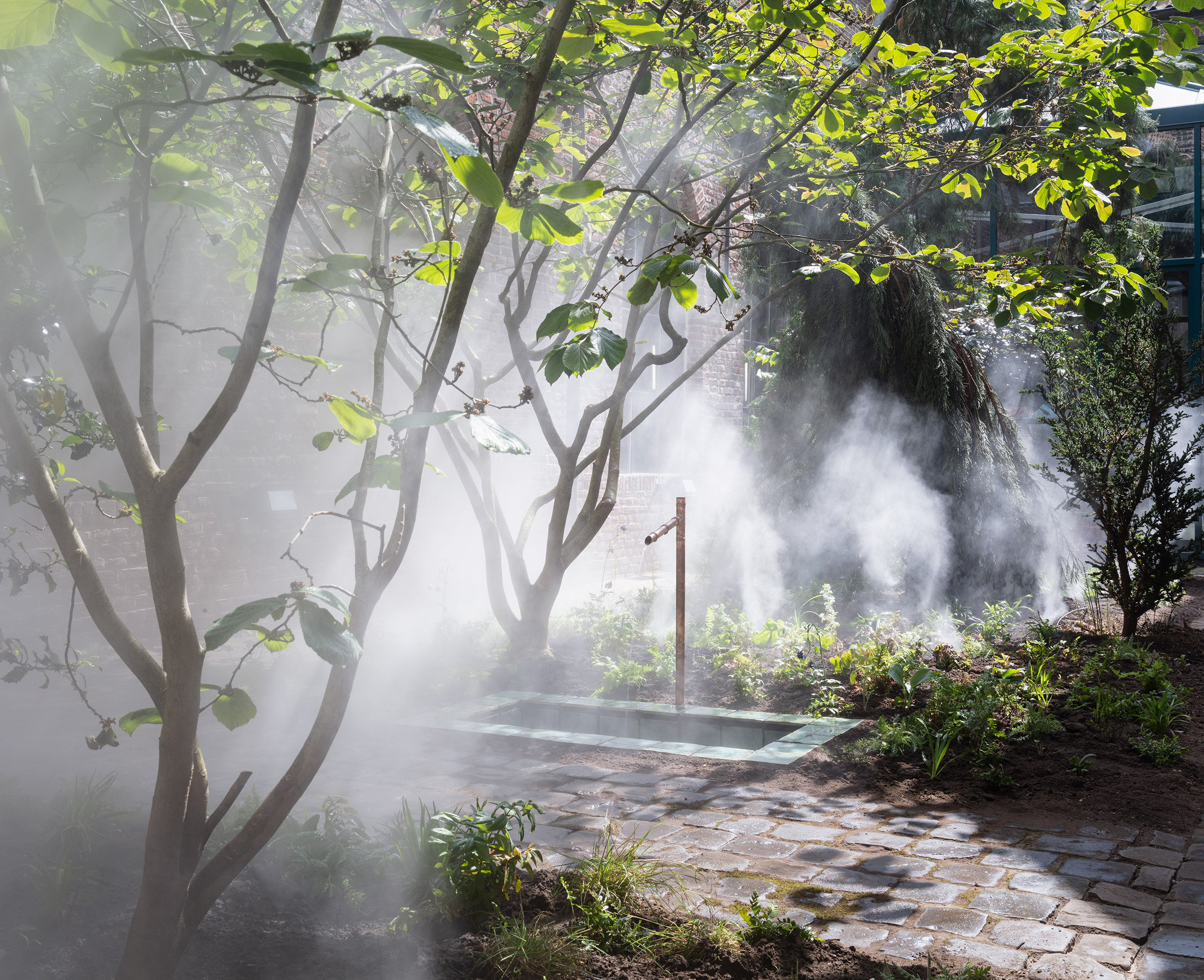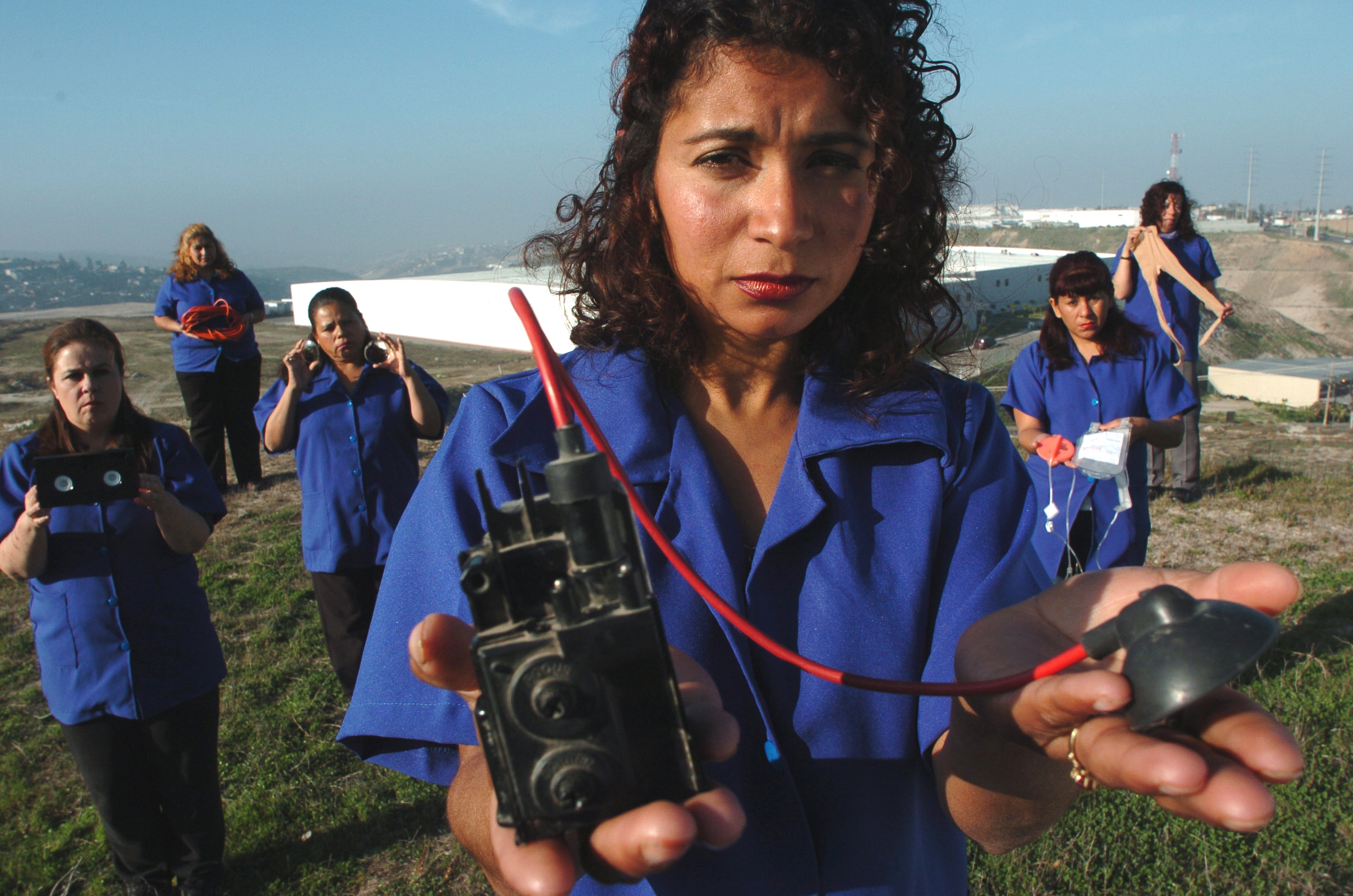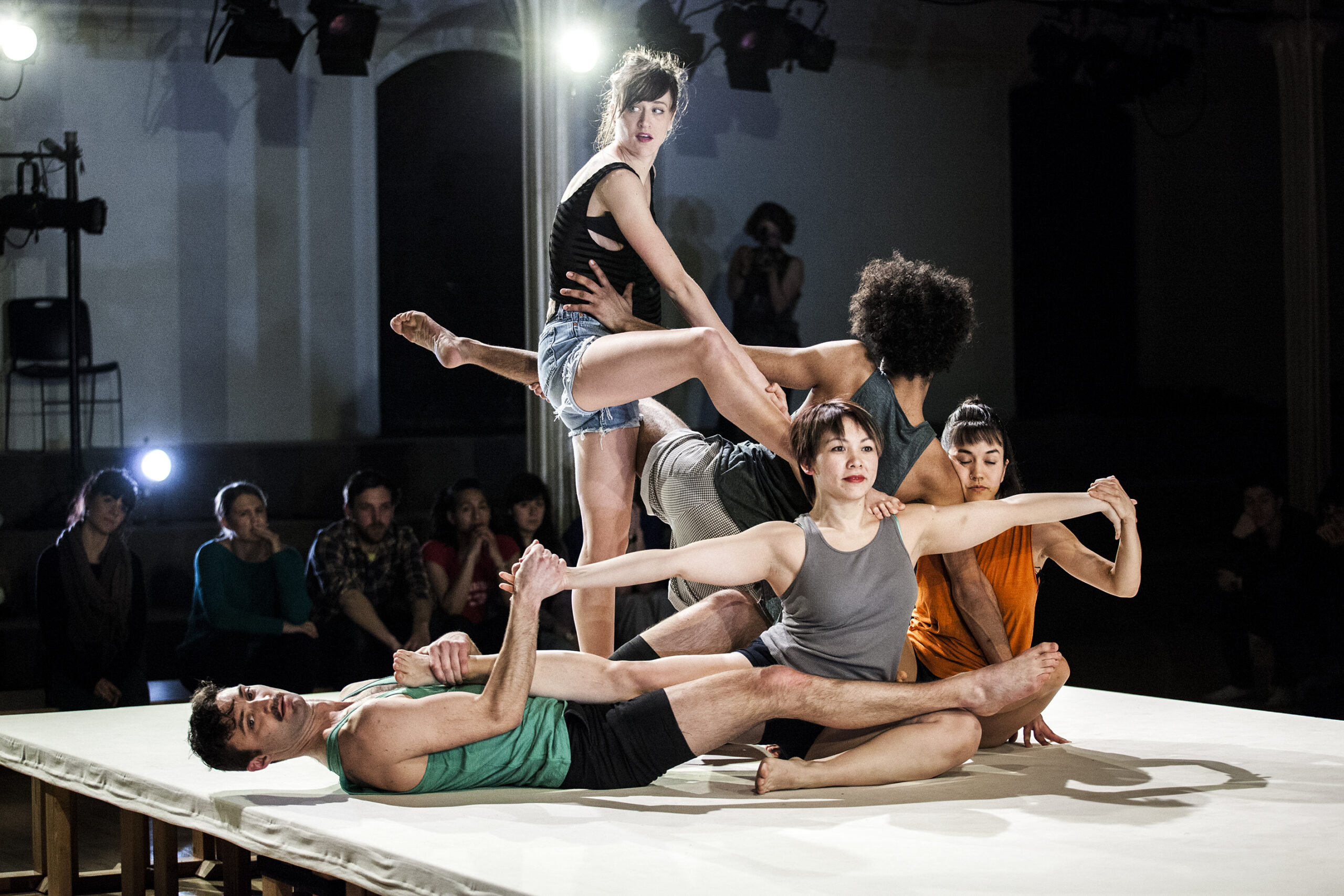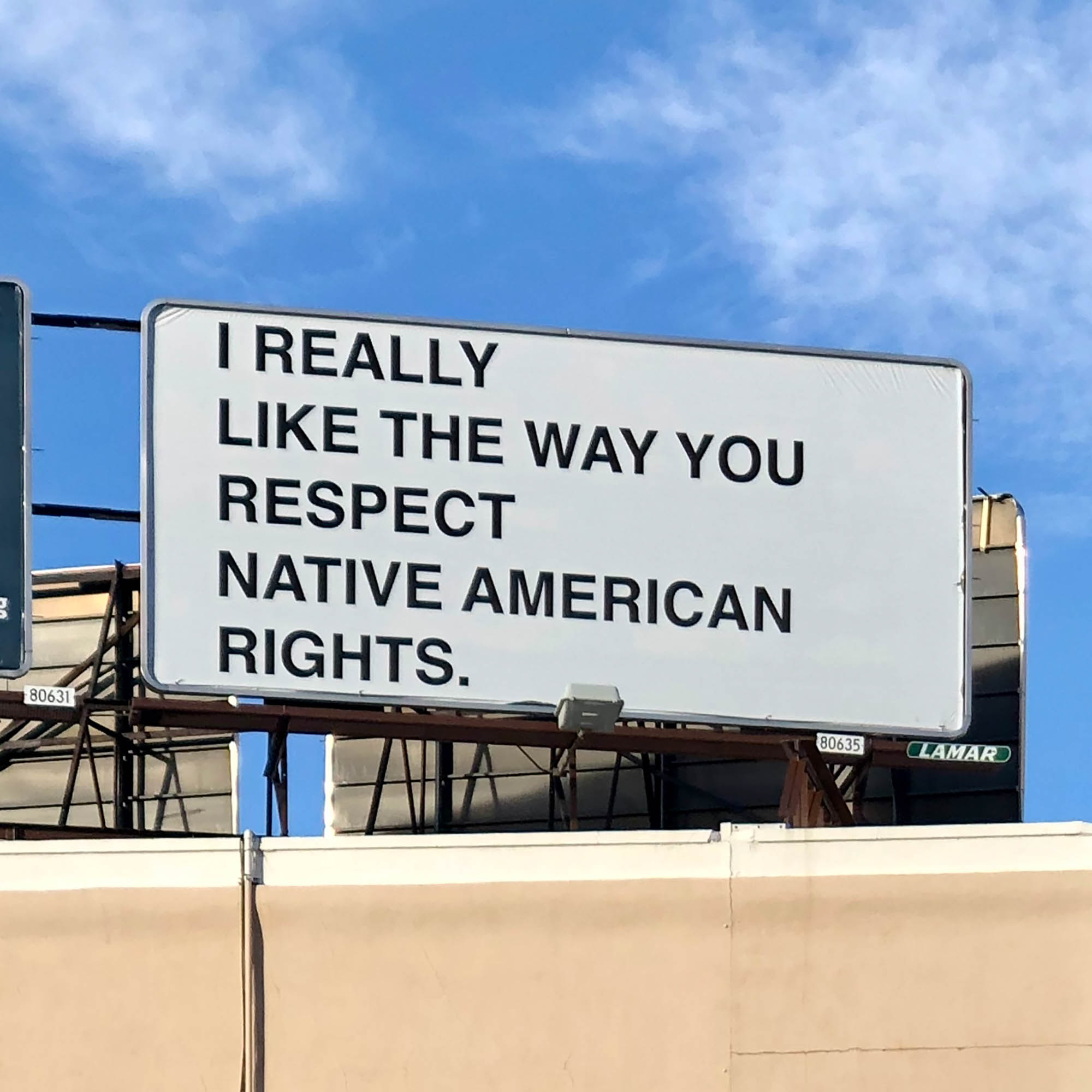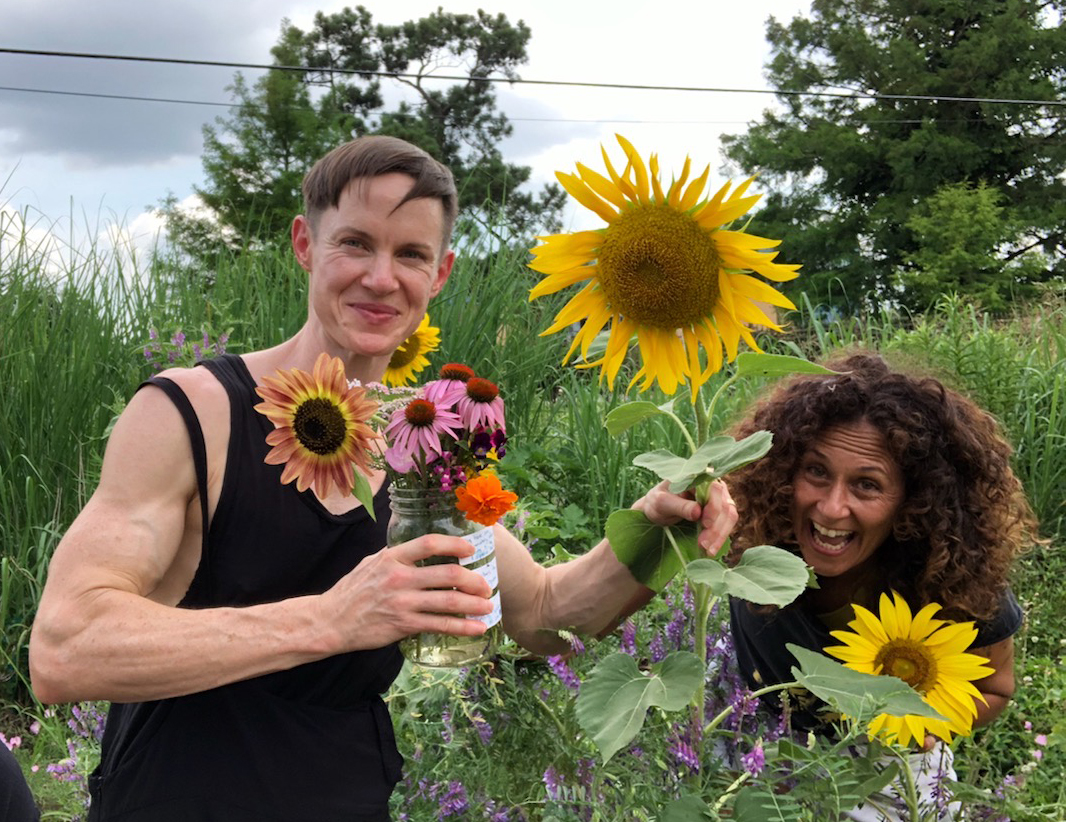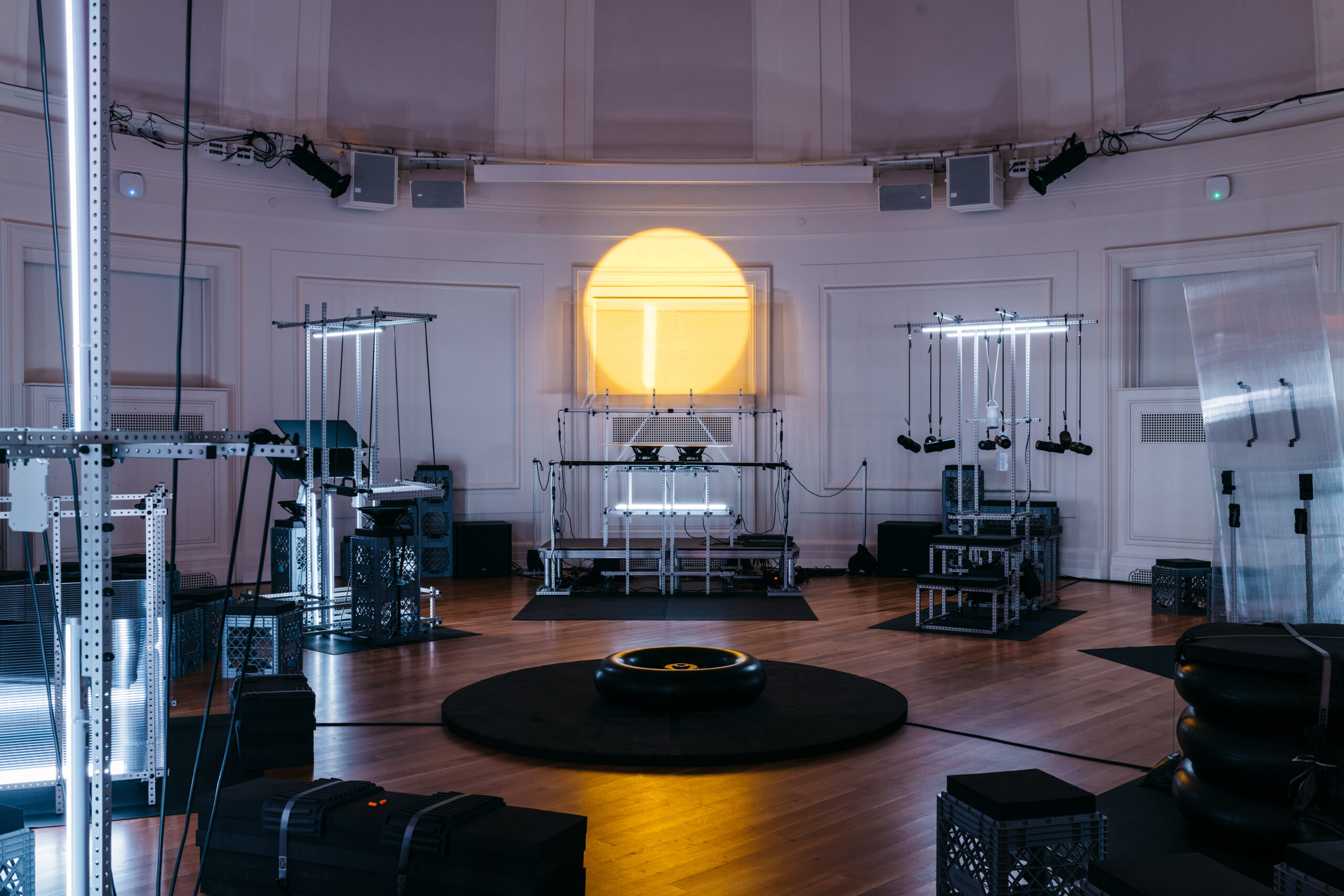
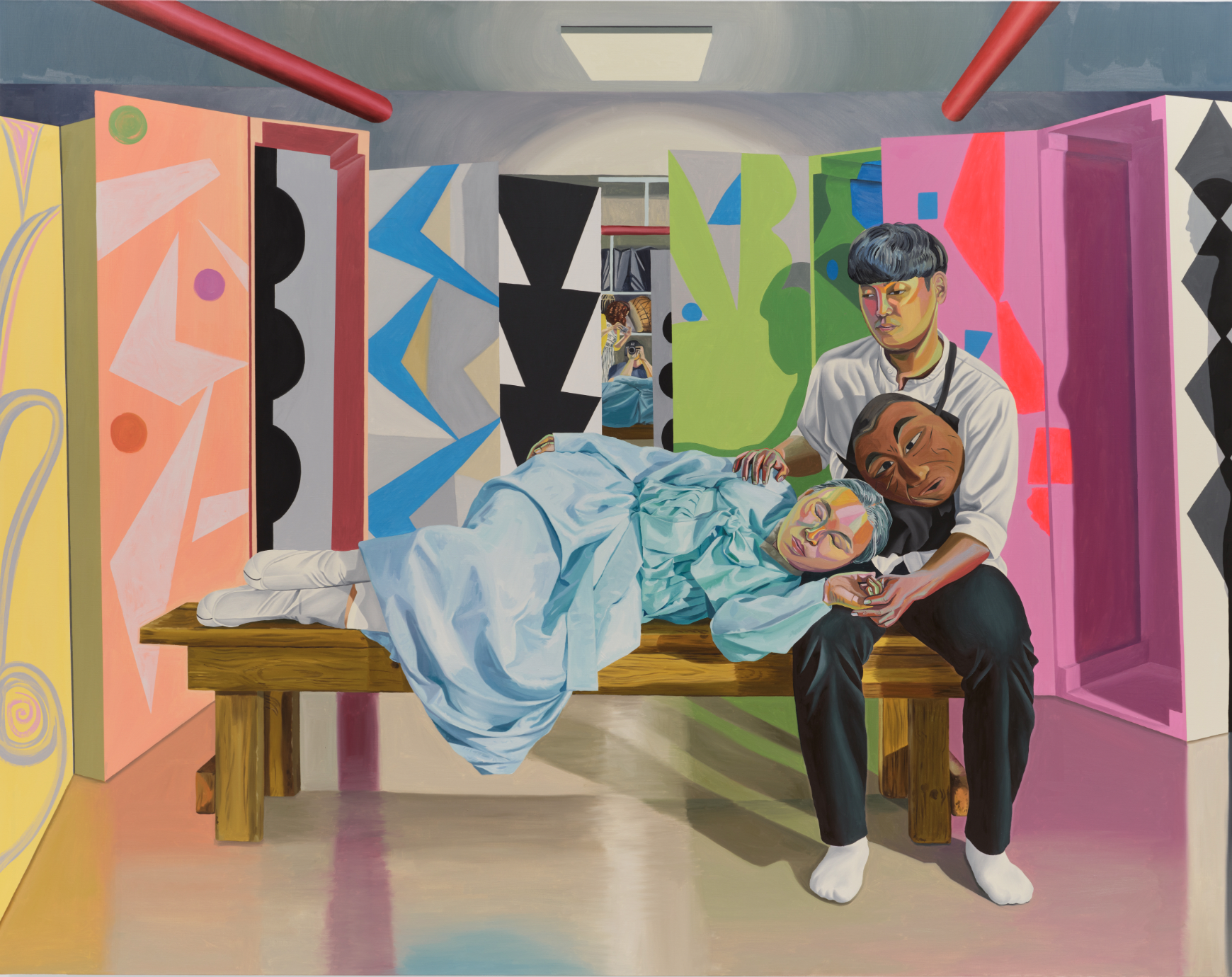
Aliza Nisenbaum, Mother and Son Reunited. Photo: Thomas Barratt.
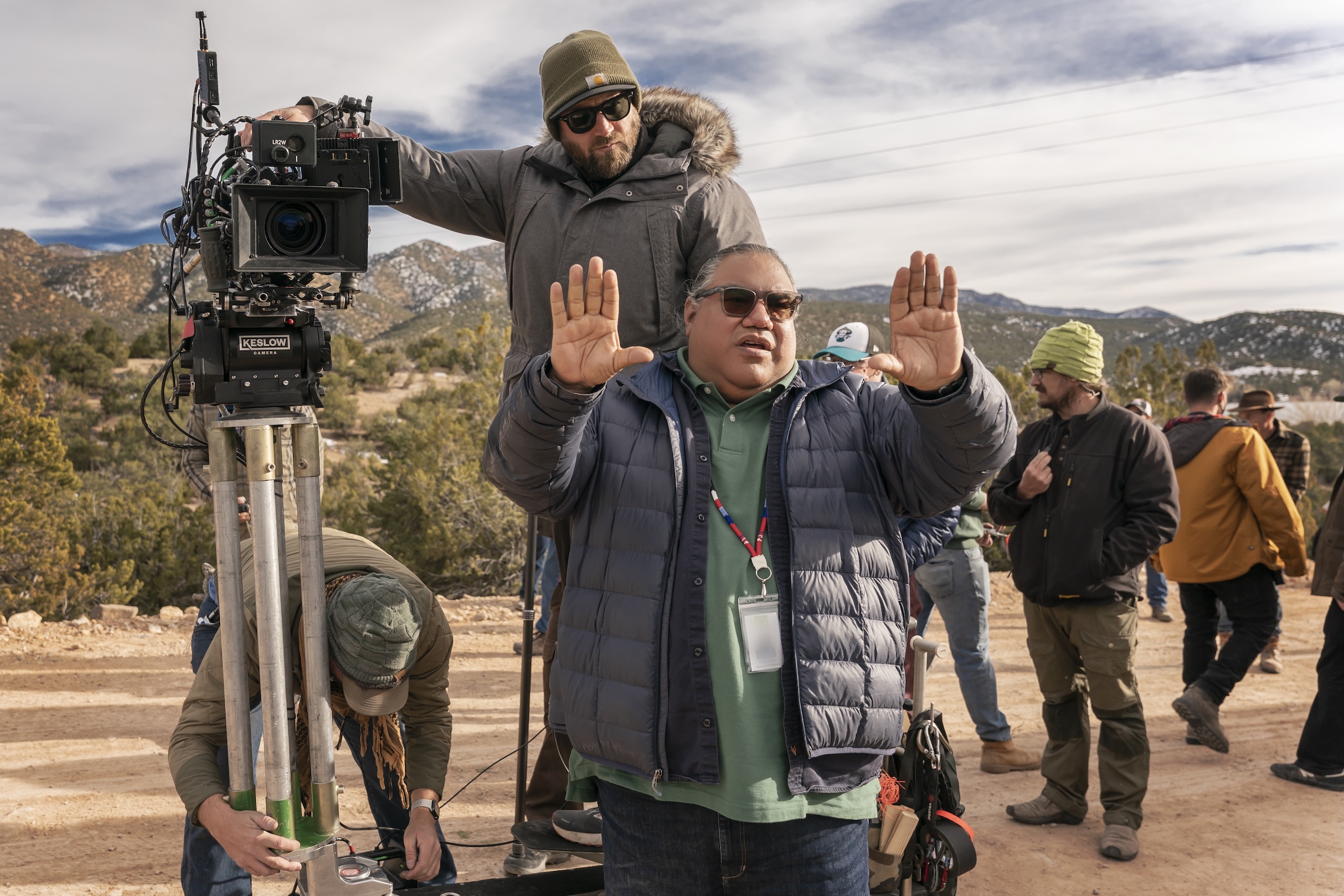
Director Chris Eyre (2024 Awardee). Photo by Michael Moriatis/AMC.

Marcia Douglas’s Creative Capital project The Jamaica Kollection of the Shante Dream Arkive, 2025.
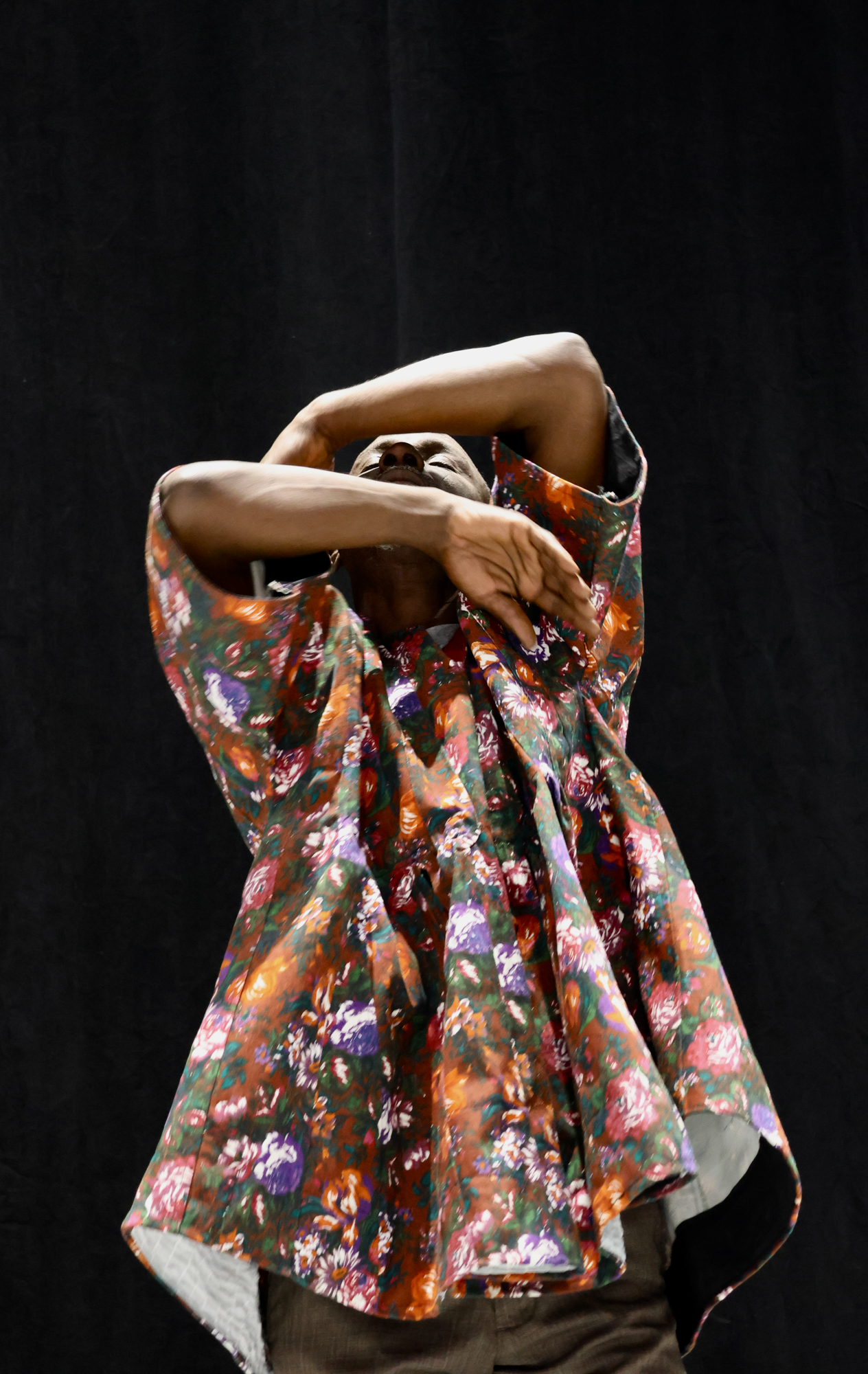
Souleymane “Solo” Badolo. Photo courtesy of the artist.

Ethan Lipton performing his Creative Capital project We Are Your Robots. Pictured: Vito Dieterle, Ian Riggs, Ethan Lipton, Eben Levy. Photo by HanJie Chow.
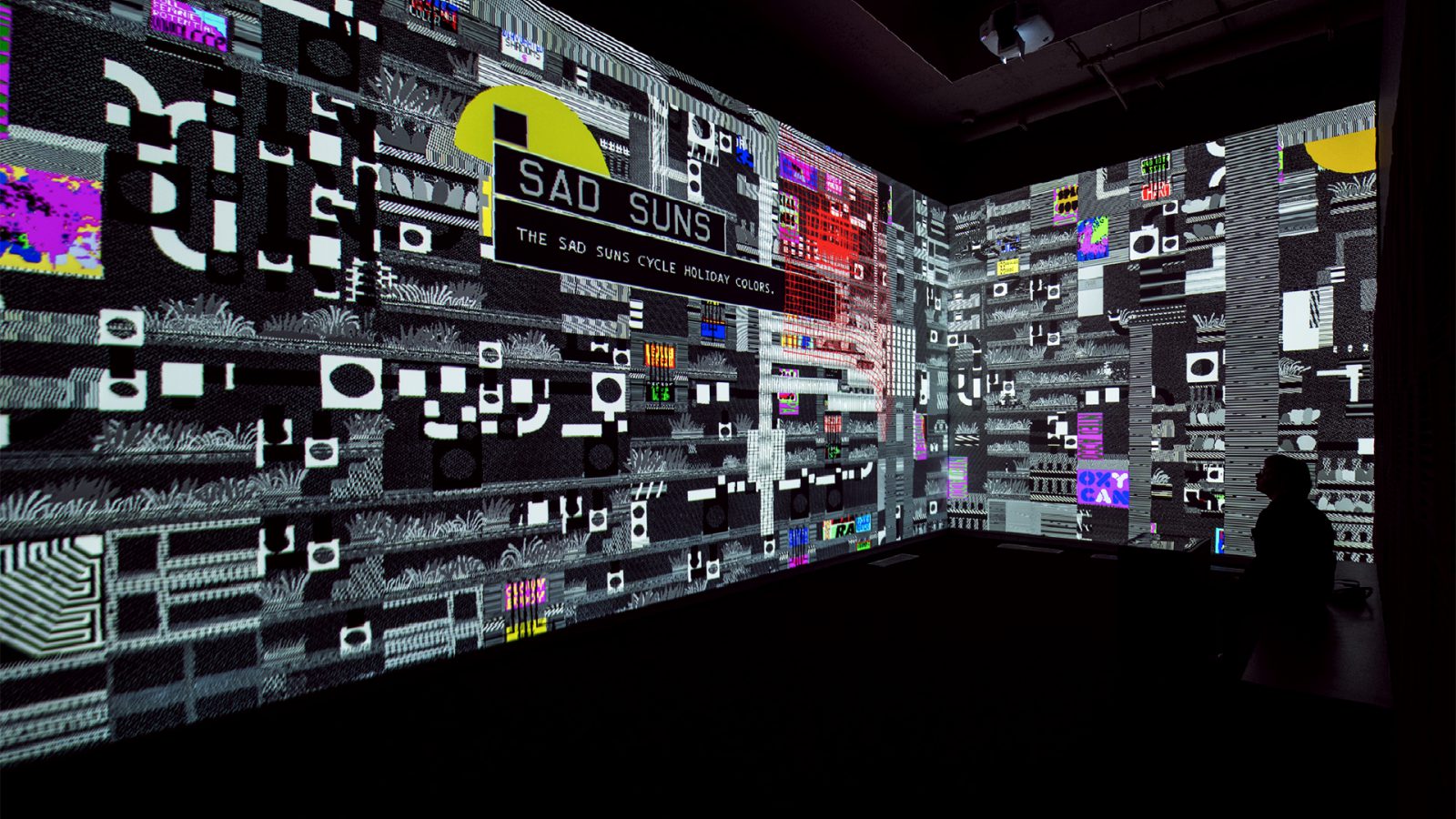
Peter Burr, DIRTSCRAPER, 2021.

Etienne Charles during a performance of his Creative Capital project Earth Tones. Photo: Bridgette Bol/Michigan Daily.

